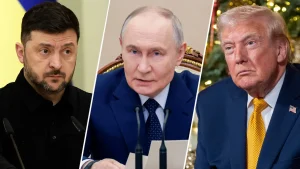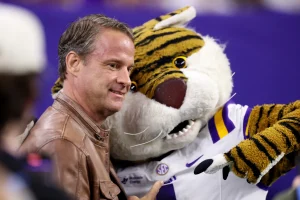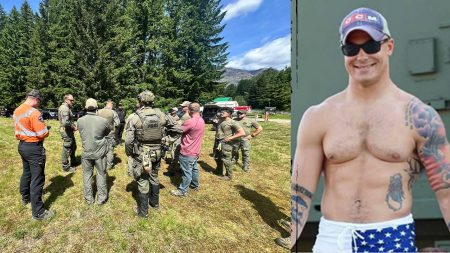The Nonpartisan Military: America’s Enduring Tradition
The United States military has meticulously maintained a treasured tradition of nonpartisanship throughout American history. This commitment to political neutrality represents one of the military’s most sacred principles, establishing clear boundaries between the nation’s armed forces and the partisan political arena. Since George Washington’s time, military leaders have recognized that the armed forces must serve the Constitution and the American people rather than any political party or faction. This separation has become a cornerstone of American civil-military relations, creating a professional force that transitions seamlessly between administrations of different parties and operates above the partisan fray. As polarization in American society increases, maintaining this nonpartisan tradition faces growing challenges, yet its preservation remains essential to the military’s integrity and the nation’s democratic principles.
Military nonpartisanship stems from fundamental democratic values—civilian control of the military and the peaceful transfer of power. When service members take their oath, they swear allegiance not to any individual or party but to the Constitution itself. This distinction deliberately creates a professional force that serves the nation rather than political interests. Throughout history, from the Continental Army to today’s all-volunteer force, military leaders have consistently reinforced these boundaries. General George Marshall exemplified this tradition by refusing to vote while in uniform, believing his duty required complete political neutrality. Similarly, Generals Eisenhower and Powell maintained their political ambiguity while serving, only revealing party affiliations after retiring from active duty. These examples highlight how nonpartisanship has been personally embodied by military leaders who understood that partisan involvement would compromise the institution’s integrity and undermine public trust.
The modern military continues to emphasize nonpartisanship through both formal regulations and cultural norms. Department of Defense directives explicitly restrict political activities by service members, particularly when in uniform or on duty. These regulations prohibit participating in partisan political campaigns, displaying partisan materials on military installations, and using official positions to influence elections. Military education at all levels reinforces these principles, teaching officers and enlisted personnel about the importance of remaining above politics. The military culture itself creates strong informal pressure to avoid partisan expressions, with leaders modeling appropriate behavior and peer expectations reinforcing these norms. When breaches occur, as when officers have appeared in uniform at political rallies or made partisan statements, swift corrections typically follow, demonstrating the institutional commitment to maintaining nonpartisanship even when individual members may stray from these standards.
Despite these traditions and safeguards, the military faces growing challenges to its nonpartisan ethos in today’s highly polarized political environment. Social media has created new forums where service members may express political views that were previously kept private, blurring the lines between personal and professional identities. Politicians increasingly seek to claim military support for partisan positions, sometimes using military settings, symbols, or retired officers as political props. Some studies suggest the officer corps has become less politically diverse over time, potentially creating environments where certain political views dominate. Additionally, highly divisive national security issues have made it difficult for military leaders to provide professional advice without being perceived as taking political sides. These pressures test the military’s nonpartisan traditions as service members navigate a society where almost everything—from pandemic responses to climate change—has become politically charged.
The consequences of a politicized military would be profound and damaging to American democracy. If the armed forces became identified with one political party, approximately half the country would question the military’s legitimacy and motives. Military advice on national security matters would be discounted as partisan rather than professional, undermining effective civil-military decision-making. Service members themselves would face divided loyalties between professional duties and political beliefs, potentially affecting unit cohesion and mission focus. Most critically, a partisan military might eventually refuse to recognize the authority of elected officials from an opposing party, threatening the peaceful transfer of power that defines democratic governance. The military’s credibility as an institution depends on its ability to serve all Americans equally, regardless of political affiliation, making nonpartisanship not merely a tradition but a necessity for national security and democratic stability.
Preserving military nonpartisanship requires renewed commitment from multiple stakeholders in American society. Military leaders must continue emphasizing this core value through education, regulations, and personal example, creating environments where service members understand the importance of political neutrality in uniform. Civilian officials bear responsibility for not putting the military in partisan positions or using military backgrounds to claim special political authority. The media and public also play crucial roles by not assuming military preferences align with particular political positions. Perhaps most importantly, political leaders from both major parties should recognize their shared interest in maintaining a nonpartisan military that serves the nation rather than partisan objectives. By understanding the historical foundations and contemporary challenges to military nonpartisanship, Americans can better appreciate and protect this vital tradition that has served the republic for nearly 250 years—a tradition that remains essential to the health of American democracy and the effectiveness of its armed forces.







